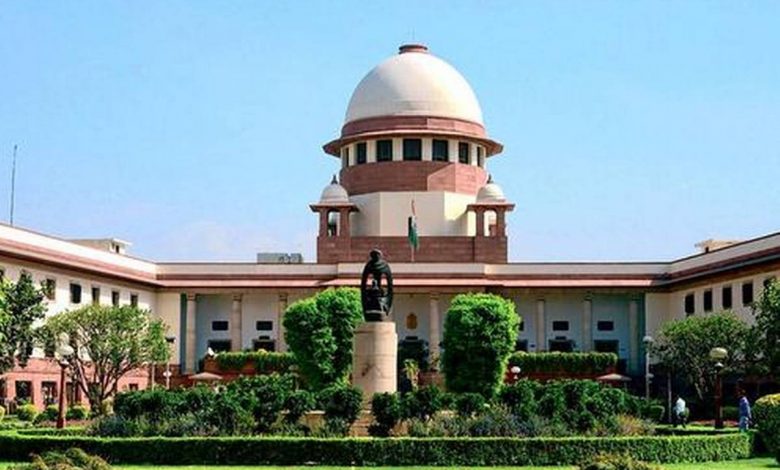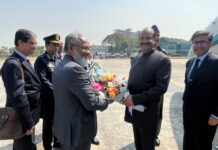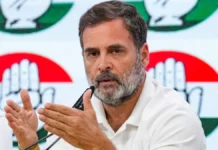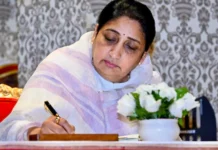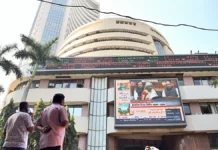NEW DELHI: The Supreme Court on Monday said Right to Protest of one section has to be in balance with others’ Right to Mobility on a public road, as everyone has the right to move from one place to another and this right cannot be prejudiced by blocking a public road to hold protests.
A bench comprising Justices Sanjay Kishan Kaul, Krishna Murari and Aniruddha Bose after nearly a gap of seven months took up the pleas against the anti-CAA protesters blocking the public road at Shaheen Bagh in Delhi. At the beginning of the hearing the bench queried the petitioners if they were willing to withdraw the plea. One of the petitioners replied that they were not.
Advocate Amit Sahni, another petitioner in the matter, argued that these kind of incidents should not repeat in future and in the larger public interest a decision must be taken in the matter. Advocate Mehmood Pracha, appearing for intervenors, argued before the bench that right to peacefully protest is absolute, and it is the right of the people to protest against Citizenship (Amendment) Act and National Register of Citizens as a concept.
Justice Kaul said we are not disputing your right to peacefully protest. Sahni urged the bench to keep this matter pending and an elaborate order may be passed. Pracha submitted that “some people went to the protest place and then riots happened, and I don’t want to name them”. He added that the number of protesters cannot be shown in bad light by misusing the state machinery.
“It is not that state machinery is absolutely right. Why a person connected with a political party went their and riots happened,” argued Pracha, citing need for a universal policy on right to protest peacefully. Justice Bose replied that the right to protest needs to be balanced out with the mobility on public road. Justice Kaul said there cannot be a universal policy as situation vary and cited process of debate in the Parliament.
“The place where it becomes problematic, we have to see where it can be balanced out,” noted the bench. Justice Kaul also appreciated the interlocutors, who helped the court in finding a solution to the matter.
The bench noted that the ongoing COVID-19 pandemic has created another dimension. Solicitor General Tushar Mehta, representing the Centre, objected to Pracha’s argument. ‘Right to assemble is subjected to reasonable restrictions….We have places like Jantar Mantar, where protest can be held, but blocking of roads cannot be allowed,” said Mehta.
The bench agreed with Centre’s contention that people can’t claim absolute right to hold protest but said that people have right to hold peaceful protests, and this shouldn’t cause inconvenience to general public. The bench, reserving the order in the matter in the petitions seeking removal of protestors from Shaheen Bagh, said that the matter has become infructuous due to supervening circumstance of Covid with protestors vacating the road, but added that it will pass a short order to deal with such situations.

